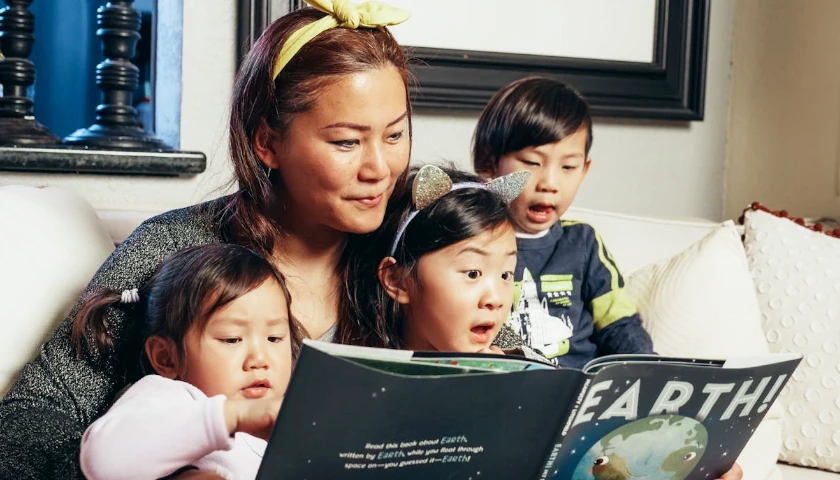by Alan Wooten
Tennessee ranked No. 6 nationally with a grade of B in the ALEC Index of State Education Freedom.
Grades were scored overall from tabulating funding and financing programs; charter schools; homeschooling; virtual schooling; and open enrollment. The overall score was 71.5 points, which trailed only Florida (95), Arkansas (92), Indiana (86.6), Arizona (84) and Iowa (78).
Three states – Florida, Arkansas, and Indiana – got an A and the next 10 earned a B.
The report from the American Legislative Exchange Council, which bills itself as America’s “largest nonpartisan, voluntary membership organization of state legislators dedicated to the principles of limited government, free markets and federalism,” used this new analysis to replace the nearly quarter-century old Report Card on American Education. The authors say states are evaluated on “essential policies that change students’ lives by empowering parents and families with choice in education.”
In the five categories, Tennessee was:
• Tied for seventh with Oklahoma getting an A, in funding and financing programs. Arizona, Arkansas, Florida and Iowa got perfect scores, and West Virginia and Indiana were next. Twenty-five states scored a zero.
• Tied for 13th, getting a B, in charter schools. Eleven states were tied for first with perfect scores of 20 and an A, and Alaska had 17 points and a B.
• Tied for 12th with 21 other states, getting a B, in homeschooling. Similar to charter schools category, there were 11 states with perfect scores and an A.
• Tied for 29th, getting a D, in virtual schooling. This was the worst category for the Volunteer State. Only states not scoring were behind it.
• Tied for first with nine others, getting an A, in open enrollment. The others were Arizona, Colorado, Delaware, Florida, Idaho, South Dakota, Utah, Washington and West Virginia.
In its overview of methodology and scoring, the authors wrote, “Too many communities around the country utilize a “one-size-fits-all” system of education, assigning children to a public school based on nothing more than a street address. This arcane method neglects the unique and individual needs of each student and fails to recognize that, while many students will succeed and thrive in their local public school, many will also experience more success through various non-public educational options.
“The goal of this publication is to offer a comprehensive look at the educational options available to American families and, most importantly, demonstrate where each state can improve and keep pace with their peers. We hope that this newly reimagined publication serves as a resource to the dedicated policymakers around the country who are looking to expand freedom in education for their constituents.”
– – –
Alan Wooten is managing editor at The Center Square.
Photo “Students” by Tima Miroshnichenko.






Does not hurt my feelings that Tennessee did not score well in virtual learning. That is a poor substitute for in-person instruction. A really lousy methodology.